‘Baby Afternoon’: Child Language Acquisition research – Molly Freeman
A team of six lower sixth students and Mr Gould & Mrs Jones babysat seven of the staff kids for an afternoon, and this is what happened.
As the teachers and tots headed to EAL (perhaps ironically) to start the play date, the group got briefed on who was part of this ‘crazy gang’. There was a variety of ages from 11 months to 4 years and 7 months and many ages in between; because of this we were able to see a range of the features we had learnt about and the theorists we could reference. It was really interesting to see these aspects in the children, as we had only seen it on paper and in YoutTube clips.
It was quite a slow start from the group (Year 12s, not the tots!) as we were all apprehensive to go near any baby in case any of them cried. However, Mr Gould got straight in and tickled any baby who couldn’t run away from him; we all felt sorry for the main victim, Billy Stone. Billy is, however, learning to walk by gripping on to people’s hands to stand and move so it won’t be long till Mr Gould will need a new target. Billy is using proto-words. He says ‘mama’ (duosyllable) and words relating to animals.
From the start we could see Jack Millington was more advanced in language than most of the kids; as he was the oldest, this was expected. Jack can say full sentences with most word classes included. He was especially good at listing his favourite dinosaurs. Eliza Vickers, also one of the oldest, is at a similar stage. When reading books, although Eliza can’t properly read yet, she could recognise certain phonemes. I realised that these were generally in concrete nouns, objects like houses and animals. This comes from the theorist Piaget who suggested these words were generally learnt first – at least in speech.
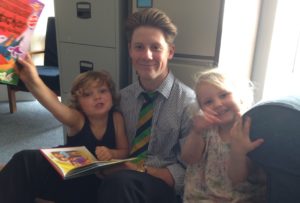
Jonah Hodson may be one of the most interesting to observe. Jonah is 1 year and 7 months, and is learning language bilingually: Mrs Hodson-Langer is only taking in German to him and Mr Hodson is only talking in English (mainly because his German is full of massive inaccuracies). Because of this, Jonah’s productive language is narrower than other babies his age, but long term he will eventually know two different languages. When Jonah saw a snake in a book he was a most enthusiastic hisser and when he saw a dog, he was able to woof and occasionally he applied this to ducks as well. When this happens with normal words (rather than emulatory noises) we know this is categorical overextension as he is applying the sound he knows relates to dogs to a pet which is similar; in Jonah’s case it may just be that he hasn’t yet met any talkative ducks. This is all part of Jonah going through network building, identifying connections between labelled objects by recognising similarities and differences.
Relating to this, Madeline Vickers, Eliza’s little sister, says the word “doggie”. From our knowledge of child language acquisition we know this is a virtuous error. Madeline is adding a vowel sound to the end. This makes it easier for her to say the word as her phonological development progresses. This can be seen when children call their parents “Mumma” and “Dadda” also.
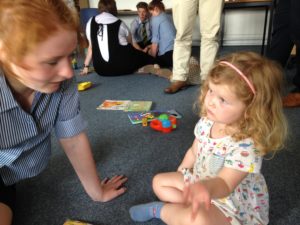
Evie Millington, the youngest, was quite attached to her mummy and, despite the heat, continued to climb on Mrs Millington. As far as her language goes, she uses screams and grunts to make people understand her and emphasises this with her paralinguistic features: hand movements and facial expressions to indicate that she wants something.
Barnaby Nicholls also did this to show what he wanted. He was able to talk quite a lot when he was asked questions and said a few sentences; this suggests he is in the post-telegraphic stage. This will be due to his Zone of Proximal Development. This means Barnaby can say lots of things and use even more advanced language when assisted.
Eventually it was time to put the books down, stop the tea party and pack away the cars as we had to say goodbye to the children and their parents. And unfortunately for Mr Gould (thankfully though for Billy), the tickling time was over.
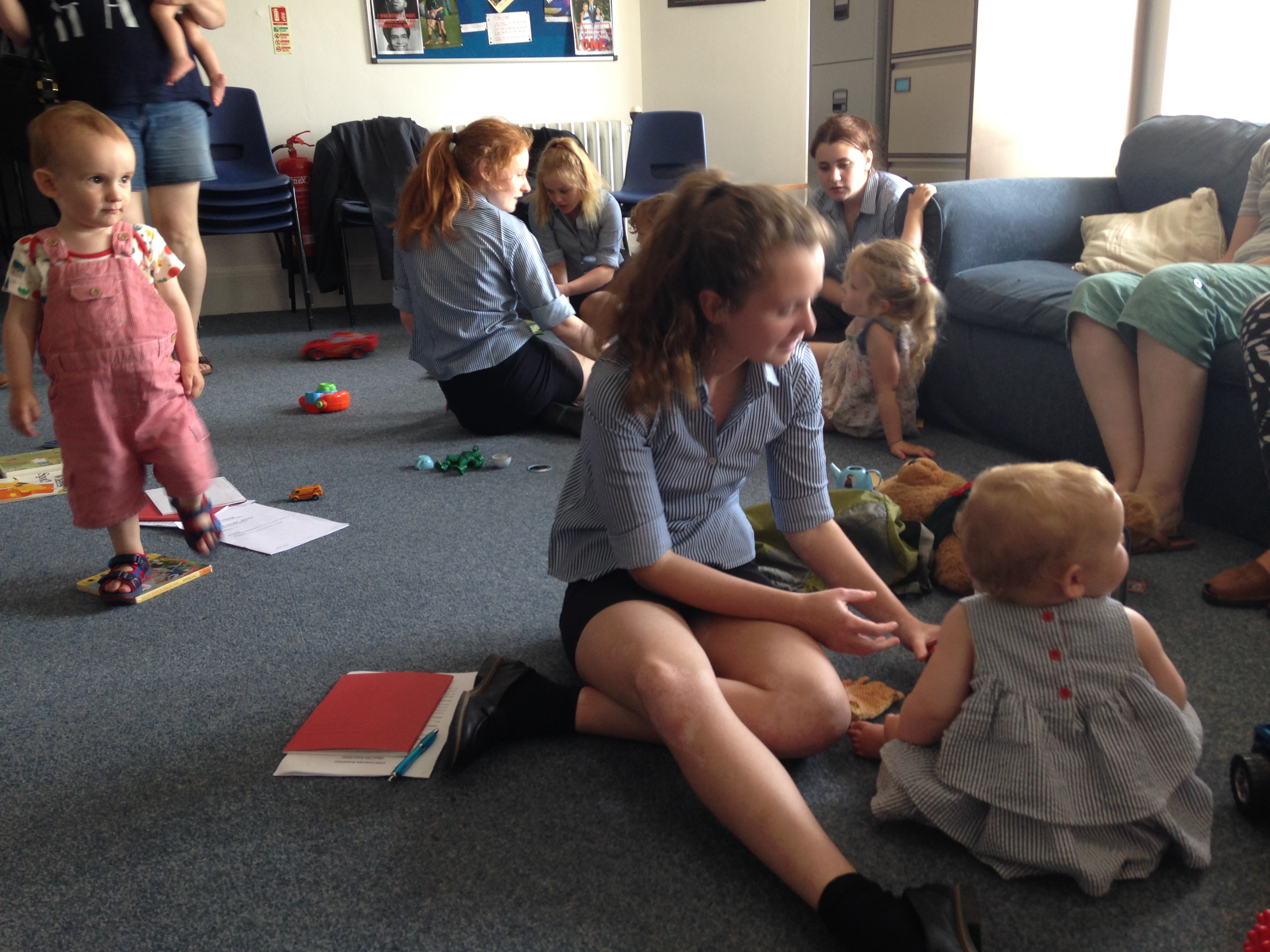

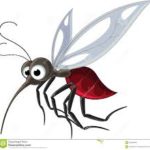

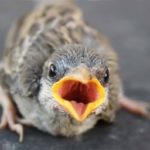










Post Comment
You must be logged in to post a comment.